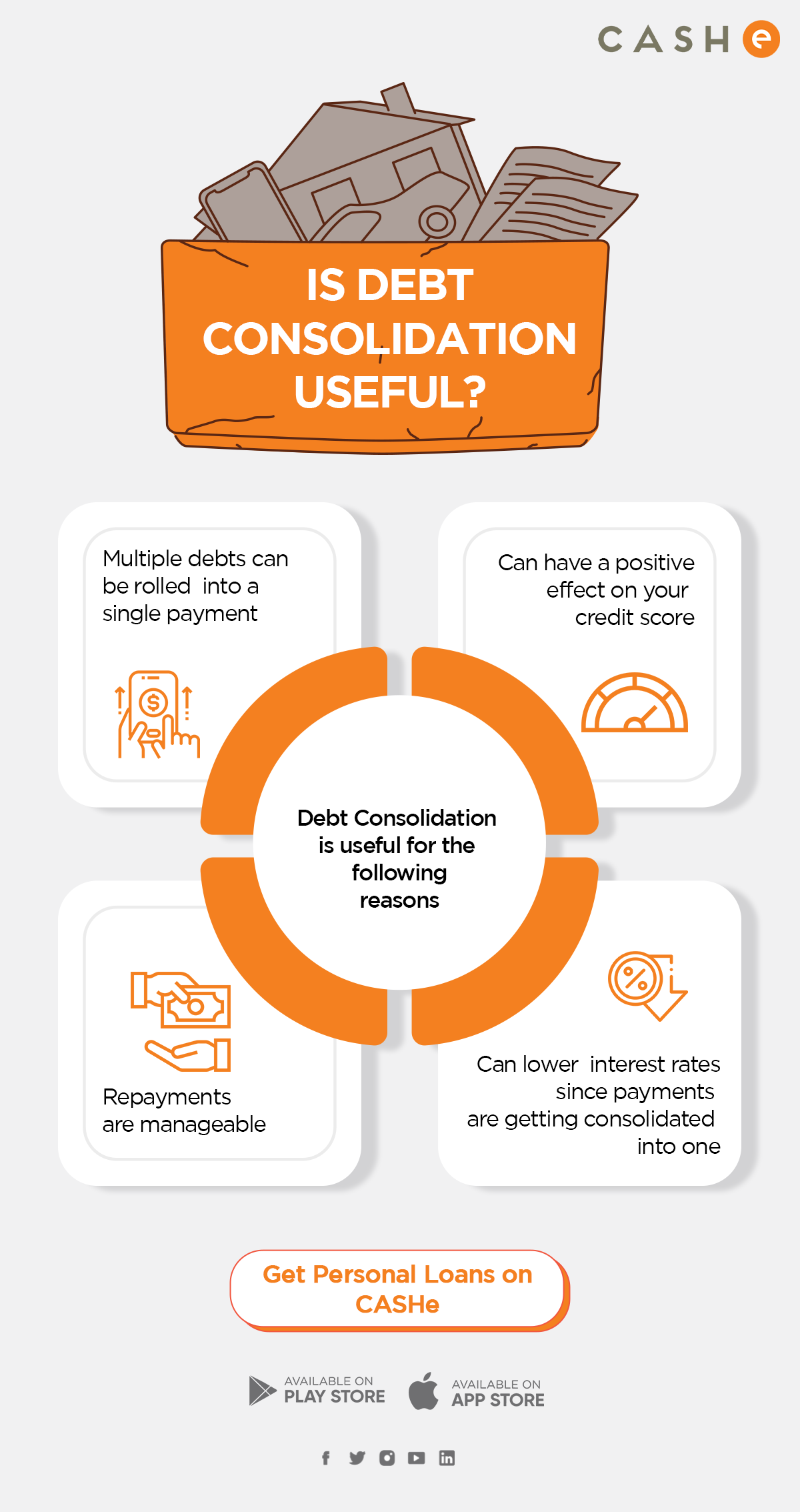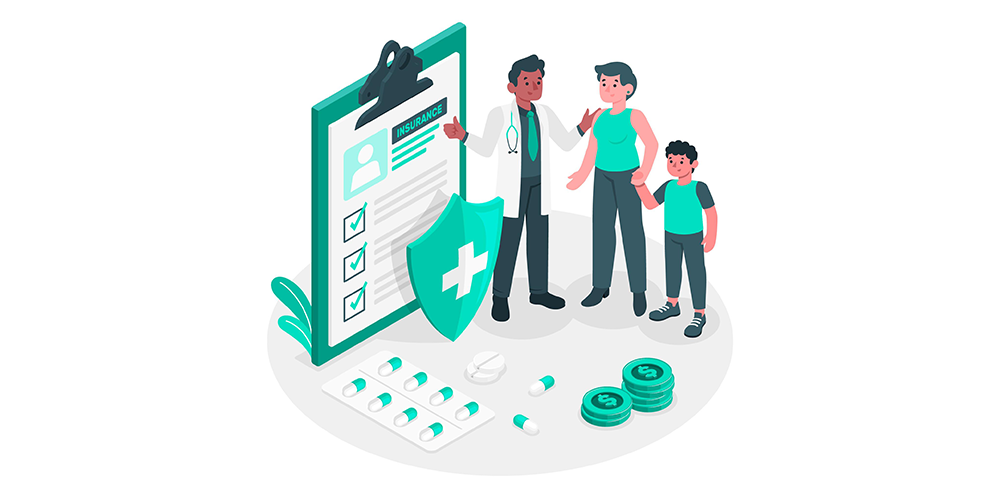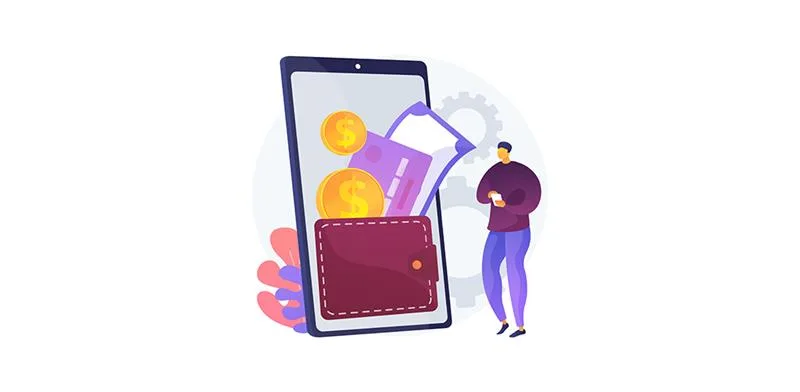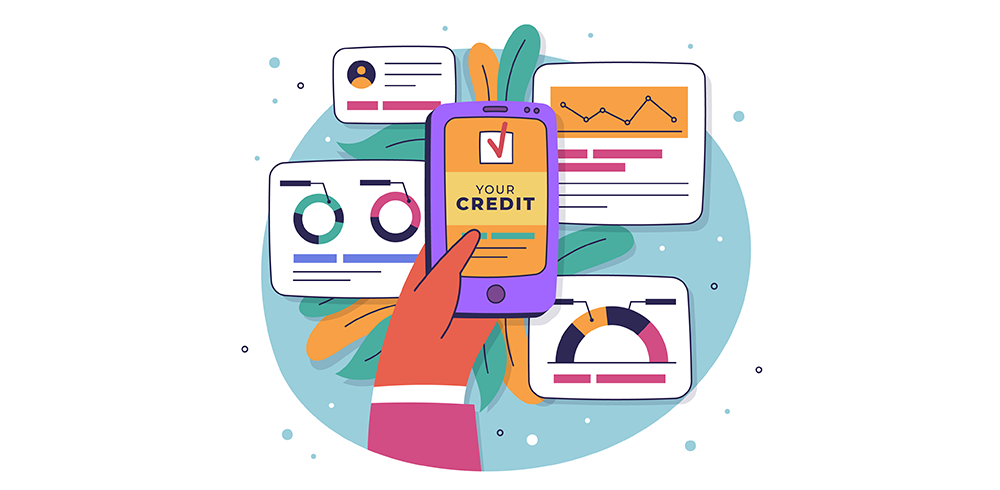There can come instances where you will feel the need to borrow loans to pay for things like home renovation, traveling, medical emergencies, etc. Sometimes, that one loan might not be enough; you might end up borrowing multiple loans. But when you borrow so many loans, are you aware of your repayment capacity? When you have a mountain of debts accumulating on your shoulders, a smart way to deal with it is by opting for debt consolidation.
What is Debt Consolidation?
Debt consolidation is a form of debt refinancing where you borrow one loan to pay off other pending debts. Basically, you borrow an amount of money that is just enough to pay off other loans and then focus on repaying just one loan.
FAQs
Does debt consolidation affect your credit score?
Since your credit score is checked while consolidating your debt, it can affect and lower your credit score but it is only temporary.
What is the disadvantage of debt consolidation?
One of the best disadvantages or drawbacks of debt consolidation is that it is not accessible to everyone. If you have a poor or low credit score, your application for consolidating debt will not be considered.
How long does debt consolidation stay on your record?
Debt consolidation or debt settlement can stay on your record for up to seven years.
Does debt consolidation affect your tax return?
No, it does not affect your tax return.










